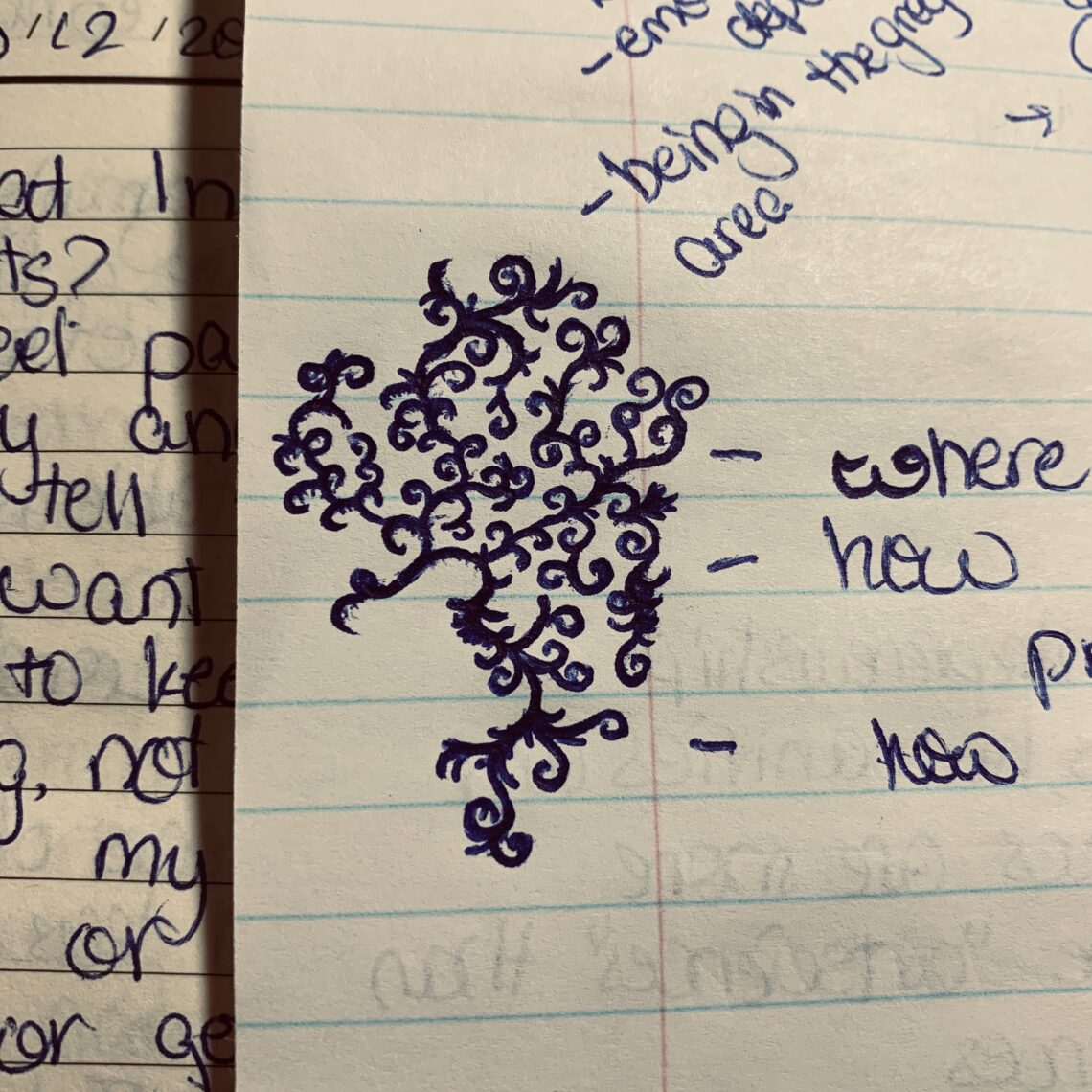-
The benefits of learning to play a musical instrument
Albert Einstein once said, “I get most joy in life out of music. I live my daydreams in music. I see my life in terms of music.” Even though he never received a formal education in music, Einstein taught himself to play the violin and piano. If you’re a musician or are learning to play an instrument, you’re probably familiar with the passion that Einstein described. Science has shown that the intensity of repeated practice when playing an instrument results in an improved performance in cognitive, sensory and motor abilities. So it’s time to face the music and see why playing an instrument is good for you. Structural brain changes…
-
How do we think?
Exploring the ways people think is certainly not a new question, but it has fascinated and baffled psychologists for decades. Until the 1980s, psychologists and linguists believed that language was the primary mode of thought. Linguists Edward Sapir and Benjamin Lee Whorf developed the Sapir-Whorf hypothesis in 1959, proposing that language doesn’t just help people express their thoughts but it also influences their worldviews and biases. However, recent studies have shown that’s not necessarily the case—humans rely on both visual and verbal modes of thought. A 2017 study says that these two modes of thought may be independent of each other. Individuals seem to have better control over their inner…
-
Why doodling is good for your brain
Whether it be spiral designs on your lecture notes, little faces drawn in the margins of your textbooks or silly sketches on the newspaper, doodling comes in many different forms. To doodle is to draw or scribble idly for entertainment. It can also be a form of expressing oneself when in deep thought. Doodles aren’t necessarily detailed or elaborate, even though they can be. The main difference between doodling and mostly any other visual form of expression is that doodling is done aimlessly and doesn’t have too much thought or effort put into it. The conventional definition says that doodles are seemingly mindless drawings done subconsciously while our thoughts drift…
-
Plants: your new favourite coworker
Gardening has its benefits, like cleaning the air and reducing the risk of anxiety, depression and stress. So why not bring the garden indoors to your work setup? Whether it’s in a home office, a make-believe classroom or at the breakfast table, keeping plants can help spruce up your workspace and emotional state. Here are some of the many benefits to having foliage keeping you company while working. Attention and concentration In an experiment, researchers measured the psychological advantages of having green plants near the participants. The researchers had subjects study in the presence of a live plant, an artificial plant, a photograph of a plant and without a plant.…
-
Influential female authors of Canadian literature
Often overshadowed by our neighbours to the south, Canadian authors have contributed more to literature than people realize. Specifically, 20th century female authors have had significant contributions in the literary world. The following writers are considered pioneers of their genres, especially to feminist Canadian literature. 1. Margaret Eleanor Atwood (1939-present) Margaret Atwood is a writer, poet, essayist, teacher and activist. Her works have been published and translated in over 45 countries and 30 languages, and she is widely regarded as one of Canada’s most prominent writers. Atwood has published works ranging from children’s books, graphic novels, poetry, fiction and nonfiction, as well as television, radio and theatre scripts. Her pieces…
-
Entertainment in a brave new world
The idea of a utopia has existed for a long time, but the word itself was coined by Sir Thomas More in his book Utopia (1516). The word comes from the Greek “ou-topos,” meaning “nowhere.” Bart Testa, associate professor of cinema studies at the University of Toronto, says that a utopia is not a fiction or a design but something that is woven into one’s philosophy. “We might say that we’ve had some optimistic views of the future of the prospects of humanity even in the 20th century,” he says. On the other hand, Testa says that a dystopia or anti-utopia is showing what would be bad for humanity. “The…
-
Now hiring! Entry level positions—with three years of experience
The technological growth from the past few decades has had a significant impact on the skills and experience that job recruiters are looking for in students and new graduates. A 2019 study on the rise of technology finds that new jobs from emerging industries will require applicants to have “learnability”—the ability to learn, unlearn or re-learn if necessary. The study says that these emerging industries are more likely to focus on soft skills, and that willingness to learn has become a higher demand than a specialized skill set. Annur Pasha, a recent graduate of business administration from Humber College, has been looking for a job since May 2021. She says…
-
Pandemic pastimes
After over a year of lockdown boredom, some Torontonians have been inspired to rekindle old hobbies or start new ones while isolated at home. A Canadian research study found that 63 per cent of Canadians have begun new hobbies to pass time while staying at home. Playing games, cooking and baking were the most commonly-reported pastimes. Sania Siddiqui, a nutrition and food service management student at Centennial College, revived her love for baking as a form of relaxation and de-stressing during the pandemic. “As soon as school finished, I didn’t have much to do. So it made perfect sense for me to get back into it,” she says. “It did…
-
Data handling in the digital era
Whether it be through accepting cookies on a website or agreeing to an app’s terms and services without reading any of the fine print, peoples’ personal data is being collected and stored online. Tansin Rahman, a second-year student at the University of Toronto, is concerned about her data being tracked through third-party cookies. “I find it very unnerving because anytime I go on a website, there are these cookies that are tracking you and it doesn’t seem like a big deal,” she says. “I’m not really concerned about reading the terms and conditions of whatever cookies I’ve accepted. I think a lot of people don’t read that, so you don’t…
-
What it takes to form a generation
Millennials and Generation Z (better known as Gen Z) are distinguished by the social, political and economic factors of their formative years, but defining these generations—or any generation, for that matter—is more difficult than just looking at those three factors. Sali Tagliamonte, chair of the linguistics department at University of Toronto, outlines how the factors needed to define a generation vary because it depends on how quickly their culture is changing. While millennials were raised during the rise of the internet, Gen Z children born after 1997 had all of these technologies right from the start. “What marks [this] generation depends on what’s going to mark the millennials,” says Tagliamonte.…










